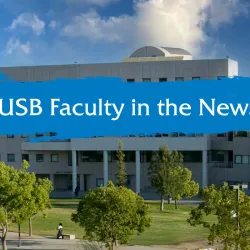
Meredith Conroy (political science) co-wrote a column on why Democrats’ strategy focusing on policy may be short-sighted, and Tony Coulson (information and decision sciences) discussed CSUSB’s Cybersecurity Center being awarded a $3 million National Security Agency grant.
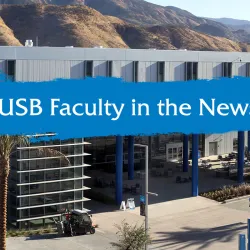
Anthony Silard (public administration) concluded his nine-part series on “Success without Surrender” published by Psychology Today.
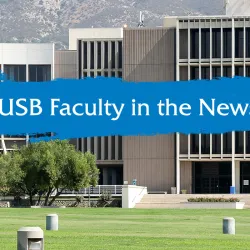
David Yaghoubian (history) wrote on what the U.S. withdrawing from Afghanistan means for the rest of the world, and Brian Levin (criminal justice) was one of the sources cited in an article about extremist militias being involved in the Jan. 6 U.S. Capitol riot.
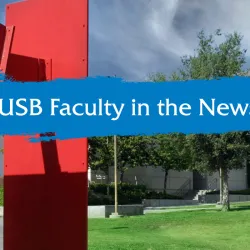
The news media sought out Brian Levin (criminal justice) for his perspective on the 20th anniversary of the Sept. 11 attacks and the latest FBI hate crime report.
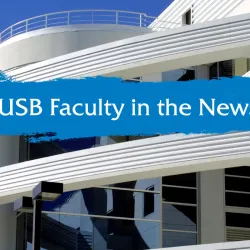
The effect of unfounded election fraud conspiracy theories on democracy and public safety, and how people can help stem the surge of hate crimes in the U.S. were two topics the news media discussed with Brian Levin (criminal justice).
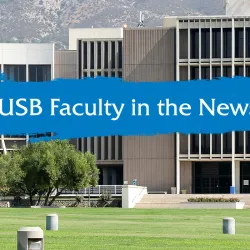
How the world has changed in the 20 years since 9/11 was the topic of two separate articles for which Brian Levin (criminal justice) was interviewed.
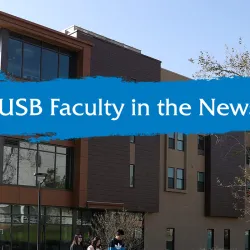
Brian Levin (criminal justice) was interviewed about security at the U.S. Capitol as law enforcement prepares for a Sept. 18 rally in Washington, D.C., and Anthony Silard (public administration) wrote about “The Challenge of Being Authentic in the Digital Age.”
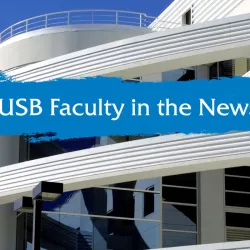
Barbara Sirotnik (information and decision sciences), Meredith Conroy (political science), David Yaghoubian (history) and Brian Levin (criminal justice) were included in news coverage over the Labor Day weekend.
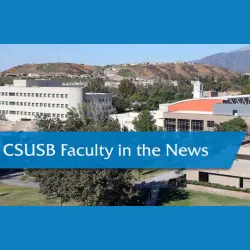
David Marshall (English), who is the National Society of Collegiate Scholars CSUSB chapter advisor, talked about the chapter achieving Start Status from the NSCS, Brian Levin (criminal justice) was interviewed about the Taliban and its return to power in Afghanistan and on law enforcement action at a recent anti-vaccination protest, and Meredith Conroy (political science) contributed to an article about socially liberal Gen-Z voters staying with the Republican Party.